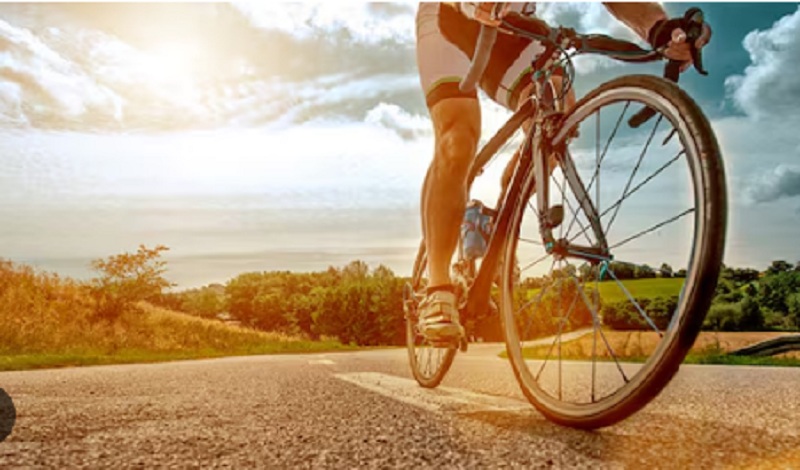By Arshel Akhter
This May, India experienced record-breaking monsoon rains, leading to severe flooding and landslides across several regions. Northeast India was particularly affected, with states like Assam, Mizoram, and Arunachal Pradesh experiencing rainfall surpluses ranging from 400% to over 1100% above normal levels. Cities like Imphal, Indore and Bengaluru faced significant disruptions due to unexpected downpours, highlighting the vulnerability of urban infrastructure to extreme weather events. In Guwahati, heavy rains caused widespread waterlogging, power outages, and tragic mudslides that claimed multiple lives.
While the direct link between climate change and these specific events is complex, the increasing frequency and intensity of such occurrences underscore the broader impacts of environmental degradation. Pollution, particularly from the automobile sector, contributes significantly to greenhouse gas emissions, exacerbating climate-related challenges.
Our cities are increasingly choked by traffic and air pollution. Personal vehicles, though seemingly convenient, are major sources of carbon emissions and other pollutants. And we continue to rely on them heavily, often while complaining about the very problems they cause— rising traffic, poor air quality, and a decline in public health. We continue to inhale the same toxic air we help pollute every day by using our personal vehicles. We complain about increasing traffic while sitting behind the wheel of our own cars. The world is changing, and we must change with it. This cycle of blame and inaction must end. Real change begins with individual responsibility.
It’s time to shift our mindset. Owning a car need not be seen as a symbol of status anymore. Instead, let us take pride in sustainable choices—choices that not only benefit us, but also set an example for our families, communities, and the next generation. Let’s show off your commitment to sustainability, not consumerism.
One powerful opportunity to demonstrate this shift is just around the corner—World Bicycle Day.
Why World Bicycle Day Matters?
Every year on June 3rd, the world celebrates World Bicycle Day—a day to recognize the bicycle as a simple, affordable, and sustainable means of transport. The inception of this observance traces back to Professor Leszek Sibilski, a Polish-American social scientist and former national cyclist. In 2018, his grassroots campaign, supported by Turkmenistan and 56 other countries, led the United Nations to officially designate June 3rd as World Bicycle Day.
The day emphasizes the bicycle’s role in nurturing sustainable development, promoting health, and encouraging social inclusion.
In an age where cities are grappling with pollution, congestion, and sedentary lifestyles, cycling represents a beacon of hope. It’s not just about health or recreation—it’s about reclaiming our streets, building stronger communities, and creating cleaner, more liveable cities.
Whether you ride for commuting, fitness, the environment, or leisure—you are part of a movement that supports a more sustainable and equitable urban future.
Why Cycling Matters?
Environment: Bicycles emit no pollution. If even a fraction of car users switch to cycling for short trips, it can significantly cut down carbon emissions and improve air quality.
Health: Regular cycling reduces the risk of heart disease, obesity, diabetes, and mental health issues.
Equity: The bicycle is a democratic mode of transport—affordable and accessible to a wide section of society, including students, daily wage earners, and women.
Economical: Cycling saves fuel costs, lowers healthcare expenses, and supports local businesses by promoting human-scale mobility.
Congestion: Cycling helps reduce road congestion, which in turn decreases commute times, improves productivity, lowers stress for all commuters, and reduces the need for expensive road expansion projects.
From Excuses to Action
Many people argue that our cities lack safe cycling infrastructure. That’s true—but waiting won’t build safer roads. Change doesn’t happen in silence or from the sidelines. To demand better infrastructure, we must first create a visible demand for it. Every cyclist on the road is a statement in favor of cleaner, safer, more inclusive streets.
How You Can Participate?
- Ride your bicycle on June 3rd—whether for work, errands, exercise, or a symbolic show of support.
- Go car-free for the day and encourage friends, family, and colleagues to join you.
- Share a photo or video of your ride on social media using the hashtag #WorldBicycleDay and tag local cycling advocacy groups.
- Join or organize a community cycle ride in your neighborhood.
- Be vocal about the need for safer cycling infrastructure by contacting your local ward councillors and participating in public forums.
Final Words
Let’s stop waiting for perfect conditions. Let’s be the change that creates momentum. Our streets should be shared spaces for all—not battlegrounds between people and vehicles. If you are not a regular cyclist but can ride a cycle and own one, consider starting your personal healthy journey from this World Bicycle Day. A single ride can start a habit that benefits not just your health, but your city’s air, streets, and future. And if you are already a regular cyclist, use this opportunity to inspire others—your action will be a powerful motivation.
On June 3rd, ride not just for yourself, but for your city, your community, and the generations to come.
The author is a Bicycle Mayor of Guwahati and Co Founder of Purvca Foundation















